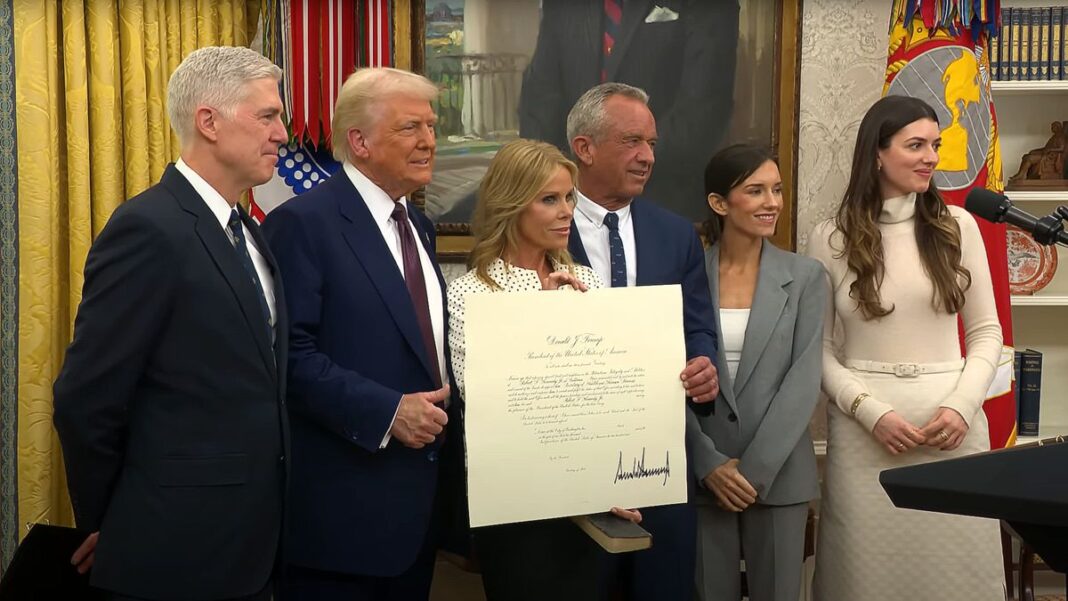Republicans ask for a simple, short-term spending extension while Democrats seek extensive changes in health care funding.
The government has officially shut down after lawmakers on Tuesday evening adjourned early with no agreement on government funding.
Lawmakers will return on Wednesday at 10 a.m. ET.
Ahead of its adjournment, the Senate’s 55–45 vote in favor of advancing the package fell five short of the 60-vote filibuster threshold.
Sen. Catherine Cortez Masto (D-Nev.) and Sen. Angus King (I-Maine), who caucuses with Democrats, joined Republicans in voting for the bill. Sen. Lisa Murkowski (R-Alaska), who voted against the GOP funding bill when it last came before the Senate, flipped her vote in favor of the measure.
Sen. Jeanne Shaheen (D-N.H.), the only Democrat to back passage of a Republican funding bill in March, voted against the bill. Sen. Rand Paul (R-Ky.) broke with his party and voted against the funding bill.
After the Senate failed to secure a supermajority for the White House-backed funding bill, White House Office of Management and Budget Director Russ Vought on Sept. 30 ordered federal officials to begin executing “their plans for an orderly shutdown.”
“Unfortunately, Democrat Senators are blocking passage of [a government funding extension] in the Senate due to Democrats’ insane policy demands, which include $1 trillion in new spending,” Vought said in the Tuesday evening memo to executive branch administrators.
Earlier this week, Vought directed agencies to prepare plans for layoffs in the event of a shutdown.
Ahead of the shutdown, a resolution sponsored by Democrats was rejected 47-53 along party lines.
Prior to the votes, representatives of each party said they wanted to avoid a shutdown and that their counterparts were responsible for the result.
Republicans sought a short-term extension of current spending levels to allow lawmakers time to finalize appropriations for 2026, while Democrats are refusing to back any continuing resolution that does not include changes to health care-related funding passed by Congress in the most recent budget bill. Both parties appear to believe public opinion is on their side.
Democrats insisted on the need to reverse as much as $1 trillion in health care-related spending provisions of the One Big Beautiful Bill Act and make the COVID-era Affordable Care Act enhanced premium tax credits permanent.
Democrats say their plan is necessary to prevent a loss of health coverage by tens of millions of people and avoid a sharp increase in health insurance premiums.
Republicans have said the Democrats’ proposal would add $1.5 trillion in spending and is an unserious starting point for discussions.
A Sept. 29 meeting of congressional leaders with President Donald Trump, Vice President JD Vance, and Vought failed to produce a resolution.
Ahead of the Senate vote, both parties doubled down on their position.







